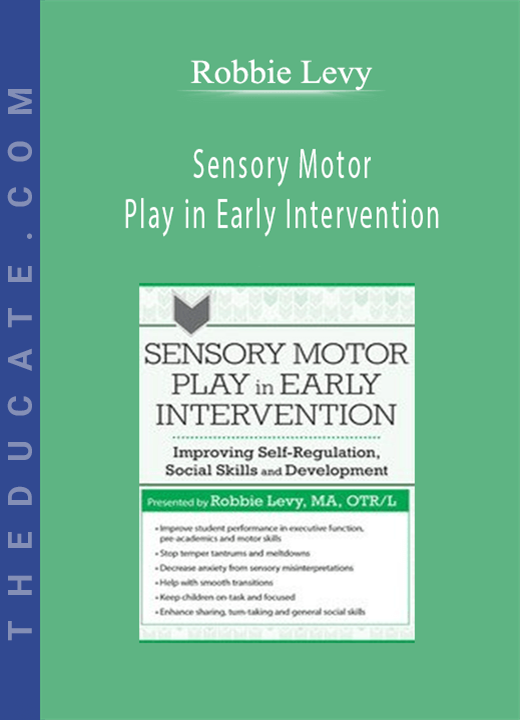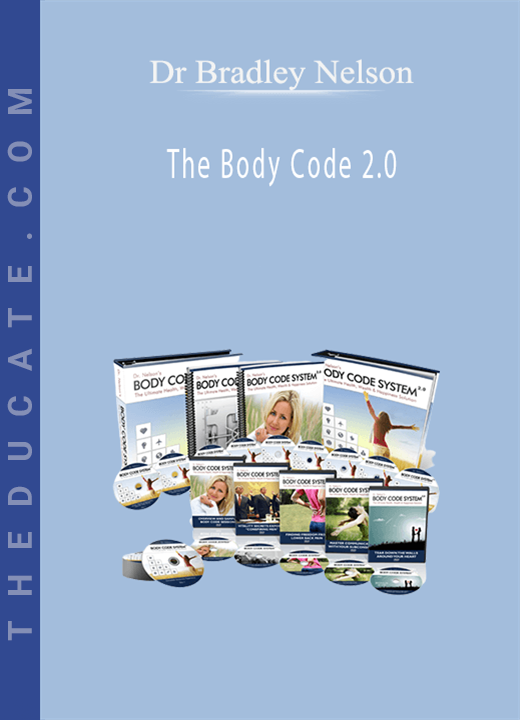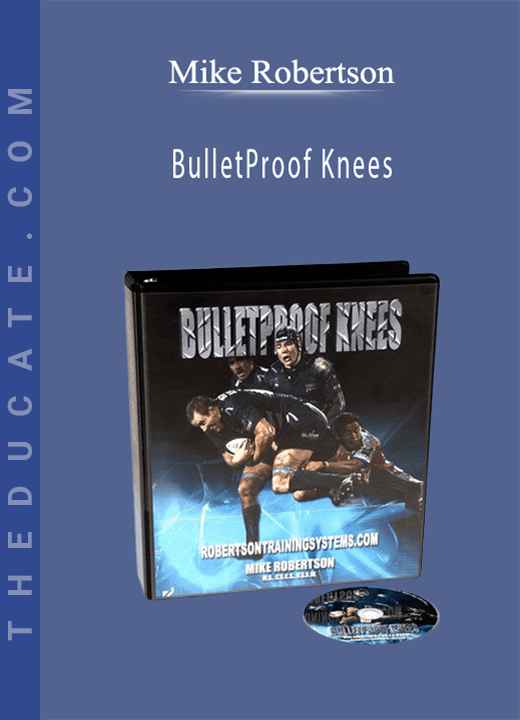Description
INSTANT DOWNLOAD

Sensory Motor Play in Early Intervention – Robbie Levy
- Improve student performance in executive function, pre-academics and motor skills
- Stop temper tantrums and meltdowns
- Decrease anxiety from sensory misinterpretations
- Help with smooth transitions
- Keep children on-task and focused
- Enhance sharing, turn-taking and general social skills
Join Robbie Levy, MA, OTR/L, and discover how sensory, motor and play activities impact self-regulation, social skills and development. Learn cutting-edge, brain-based information and techniques for kids who exhibit the following behaviors:
- Excessive temper tantrums and difficulty with transitions
- Unable to stay focused on people or activities
- Limited gross and fine motor skills
- Overly aggressive during play, limited sharing and turn-taking
- Distracted by background noises that others don’t seem to hear
- Anxious in crowds/large groups
- Overly fearful of swings and playground equipment
- Constant need to touch people or textures, even when it’s inappropriate to do so
- Doesn’t understand personal space
Through lecture, experiential activities, group and individual case studies, video and picture demonstration, you will come away with a “tool-box” full of activities and resources. Get your kids on a more powerful path to self-regulation and typical social and motor development!
- Articulate extensive knowledge of the 7 sensory systems.
- Determine the characteristics of hypo-responsivity and hyper-responsivity within sensory systems.
- Explore the different types of play and the role each plays in early intervention.
- Communicate why excessive technology interferes with many areas of development.
- Design sensory and motor play interventions for motor development, emotional/behavioral development and self-regulation.
- Utilize new activities to incorporate into your classrooms/therapy/homes.
- Employ visual-cognitive strategies to enhance self-regulation.
- Overview of Sensory Systems
- Emphasis on tactile, vestibular and proprioceptive
- Visual, auditory, olfactory, gustatory
- Body in space/body awareness
- Modulation – when is it a problem?
- Impact of Sensory on Behavior, Performance and Learning
- Attention, self-regulation, organization, executive function
- Motor output (gross, fine, handwriting)
- Activities of daily living (ADL’s)
- Behavior, social skills and self-esteem
- Effective Intervention Strategies for:
- Sensory:
- Use all 7 systems-we are more than just auditory and visual learners
- Modulation-characteristics of hyper and hypo systems
- Concentrate on foundation skills and deep pressure/heavy work
- Sensory Lifestyle/Toolbox – How to use what’s right there
- Sound therapies and music- utilizing what you hear to change behavior and performance
- Environmental modifications
- Interactive Metronome, Brain Gym and more
- Self-Regulation:
- Yoga, Pilates, Me Moves-How movement helps
- Breathing, oral-motor-using the ribcage and mouth to regulate
- Meltdowns-prevention and what to do if you can’t
- Transitions- how to help!
- Social stories, visual-cognitive strategies and more
- Play:
- The 5 different types of play and their role in development
- Use “Theory of Mind” framework to facilitate play and regulation
- Enhancing independent play vs. adult/computer-directed play
- Activities to enhance creative play, ideation and planning abilities
- Activities to prepare for core curriculum goals in K and early elementary
- Sensory:
Salepage: https://href.li/?https://catalog.pesi.com/item/31103/
Archive: https://archive.fo/3etQR







10 reviews for Sensory Motor Play in Early Intervention: Improving Self-Regulation, Social Skills and Development – Robbie Levy
There are no reviews yet.